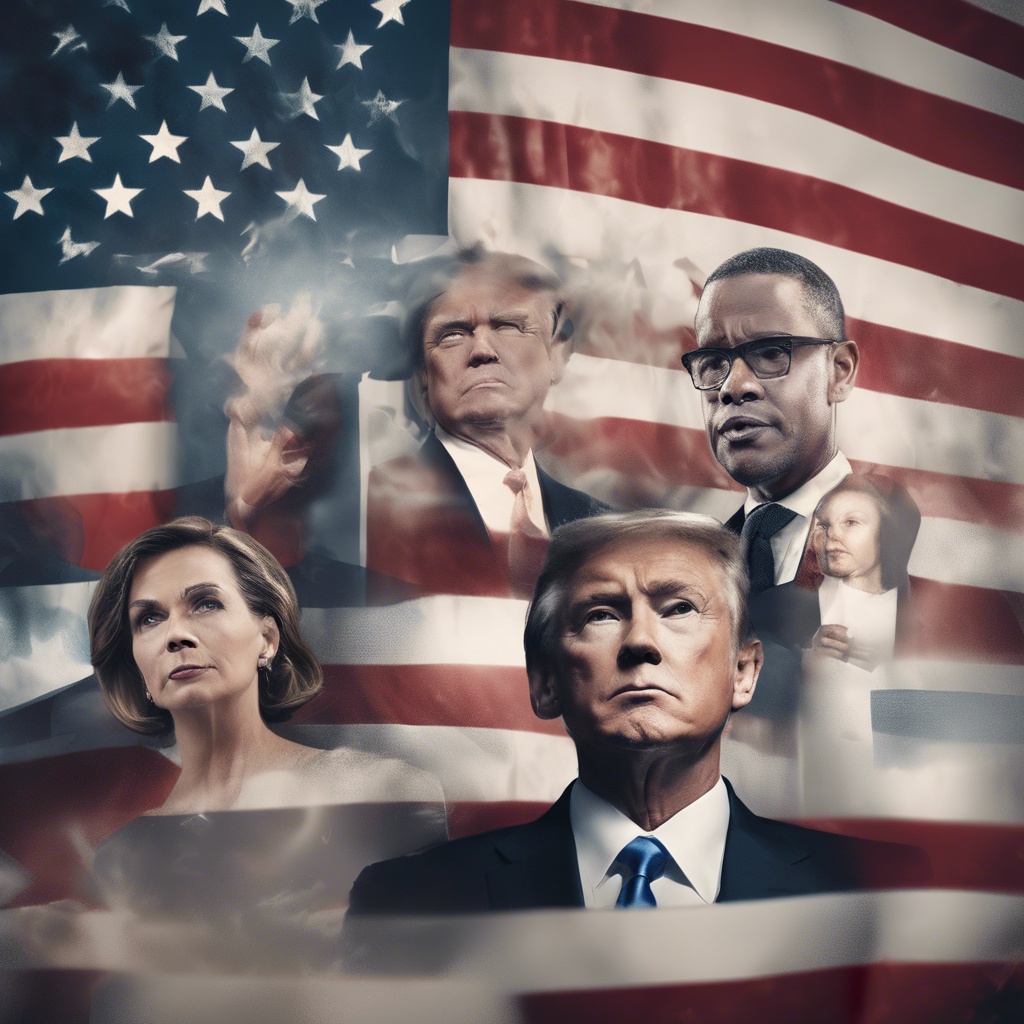Deciphering the Enigma: How Media Shapes the Perception of Election Integrity
- Lynn Matthews
- Jul 25, 2024
- 2 min read
In the digital age, the media stands as a powerful force shaping public opinion and influencing critical aspects of society. One area where this influence is particularly profound is in the realm of election integrity. How media portrays elections can significantly impact how the public perceives the fairness and transparency of the electoral process.
The Role of Media in Election Integrity
Media platforms serve as the primary source of information for many individuals, providing news, analysis, and commentary on political events. As such, the way in which media outlets report on elections can either bolster or undermine confidence in the electoral process.

The Power of Framing
One key aspect of media's impact on election integrity is its framing of electoral events. The way in which media outlets frame electoral processes, candidates, and outcomes can influence public perception. For instance, if media coverage focuses primarily on allegations of fraud or misconduct, it can create a narrative of widespread corruption, even if such claims are unfounded.

Echo Chambers and Polarization
The rise of social media has further complicated the landscape of election integrity. Social platforms often serve as echo chambers, where individuals are exposed primarily to information that aligns with their existing beliefs. This can lead to increased polarization and a lack of trust in the electoral system, as individuals are less likely to encounter diverse viewpoints and alternative sources of information.
Misinformation and Disinformation
Another challenge posed by media's influence on election integrity is the spread of misinformation and disinformation. False or misleading information can spread rapidly through social media channels, creating confusion and sowing doubt about the legitimacy of election results. Furthermore, the anonymity and rapid dissemination of information online make it difficult to track and combat false narratives.
Rewriting History
The media sometimes attempts to rewrite history by denying or altering previously reported facts. For example, initial coverage of the Hunter Biden laptop story was widely dismissed or labeled as misinformation by several media outlets. However, later investigations validated the story, showing a clear attempt to influence public perception by initially discrediting it. Then the same media is claiming Kamala Harris was never appointed Border Czar.
The Way Forward
To address the impact of media on election integrity, it is crucial for both media outlets and consumers to exercise caution and critical thinking. Media organizations should strive for accuracy, fairness, and balanced reporting when covering electoral events. Fact-checking and verification mechanisms can help prevent the spread of misinformation and disinformation.
As consumers of media, individuals have a responsibility to consume information from diverse sources, question the validity of claims, and remain vigilant against the influence of misinformation. By becoming discerning media consumers, individuals can play a role in upholding election integrity and ensuring that democratic processes remain transparent and trustworthy.
The role of media in shaping the perception of election integrity is a complex and multifaceted issue. By understanding and critically evaluating the information we consume, we can work towards a more informed and resilient democracy.
With the media's power to shape narratives and influence public opinion, it is essential to approach electoral coverage with a critical eye and a commitment to upholding the integrity of democratic processes.





Comments